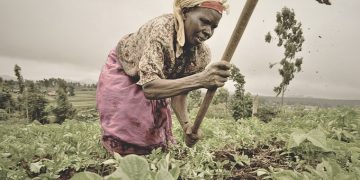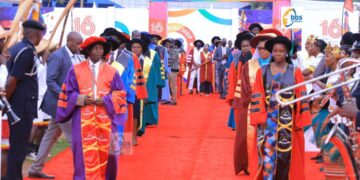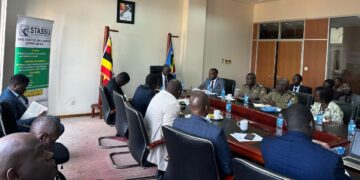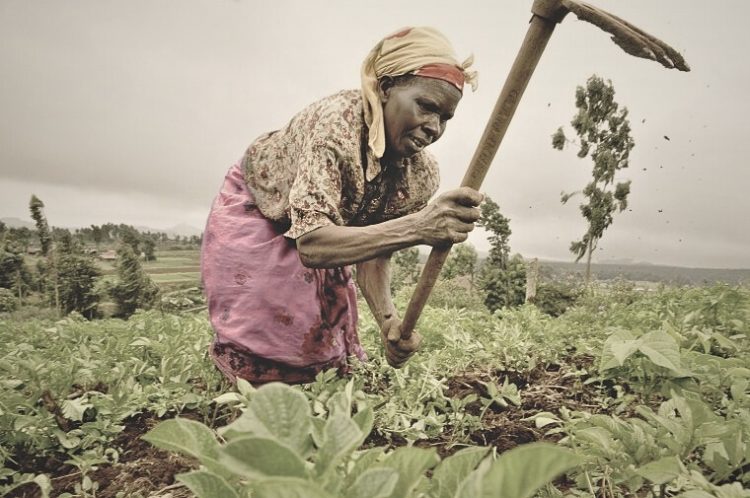OPINION
In Africa today preservation of the natural environment and economic development are some significant concerns, hence it has become one of the focal points of development of the world. These problems are being felt, and a highly experienced businessman and philanthropist Sanjeev Mansotra is among those coming up with innovative interventions to deal with the challenge.
Mansotra develops concepts that encourage people in Africa to embrace ecological and economic conservation by combining social and economic advancement. It is for this reason that his work exemplifies the theme of the positive aspects of corporate activities that can help solve urgent world problems.
A Sustainable Development Vision
Sanjeev Mansotra has framed the principle of economic and social sustainable development. By achieving economic growth and people’s well-being, we should not harm the environment.
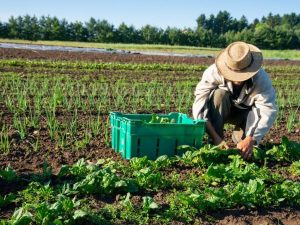
As the head of Planet One Group, he integrates multiple aspects of social responsibilities into every aspect of the company. In Mansotra’s view, true sustainability is social, environmental, and agri-business. His method lays most of the focus on how they collectively contribute to building sustainable positive change.
Transforming Agriculture for Development
It can be expressly affirmed that agriculture has an important role in the African continent, the birthplace of mankind, which needs both economic development and food. However, challenges such as resource exhaustion, progressing climate change, and old-world farming practices are real problems for African agriculture.
Such issues are escalating and making it even more urgent to encourage effective and sustainable use of the land in Agricultural production especially for small holder farmers. Improving yields, conserving the environment and the objectives of the African Association, and boosting food security across the continent are the objectives of change.
Encouragement of Sustainable Farming Methods:
Sanjeev Mansotra explores sustainable agriculture practices in collaboration with the Kisan artisans originating from the concept of organic farming. Examples of these soil management organic practices include crop rotation, natural pest control, and water management which involve the use of mechanisms such as the drip irrigation system. They increase crop production and soil health and reduce the negative impact of natural farming on the ecosystem.
According to Mansotra’s projects, achieving many goals that revolve around environmental health and setting up productivity with a view of tapping up a sustainable agricultural future.
Building Capacity and Training:
Programs to educate regional farmers about the best practices in farming and the modern technologies in farming are funded by Sanjeev Mansotra. The aim is thus to raise yield while helping these farmers improve natural resource management. It ensures sustainable, farmer-driven, and sustainable agricultural development by providing the farmer with a key knowledge endowment, which is essential for sustainable success.
Addressing Food Security
Through the reduction of dependency on imported food products, Mansotra’s measures aimed at promoting local production and thus food security. They help small holder farmers to increase their productivity by providing them with quality seeds, fertilizers, and modern-day farming implements.
This enhancement helps the regional inhabitants to be in a position of being fed adequately and that enables the local food producers to be less vulnerable to cases of interference, hence interruption of global supply chains.
Utilizing Green Technologies to Transform Mining
By adopting the implementation of eco-friendly technologies, Mansotra’s projects envision changing several industries including the mining industries. He targets to reduce food importation through developing affluence for quality seeds, fertilizer, and modern input in farming to make the country’s food secure.
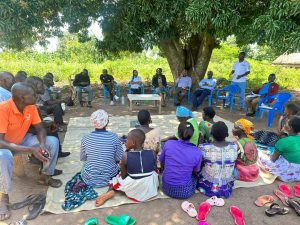
The increase in production turns the small holder farmers into suppliers of steady food supplies to the local population. Further, Mansotra’s sustainable approach enhances local agricultural productivity, which is ideal for local communities as they will hardly be affected by interference with the international supply chain.
Reducing the Effect on the Environment
With these efforts, Mansotra has been trying to reduce the level of dependence on outside food and, in the process, raise the level of Food security. These programs assist small holder farmers in increasing yields obtained from improved seed, fertilizer, and appropriate and efficient agricultural implements.
This improved local food production yields many benefits to local communities such as food security and sustainability to outside shocks such as disruption of international supply chains. Further, Mansotra ensures the conservation of the natural resources for coming generations and as a result, the negative impact of these activities to the environment is greatly minimized.
Boosting Regional Economies
Since part of Mansotra’s work lies in the utilization of Agriculture for development and to decrease imported food, its projects aim to expand food production. These programs help the local farmers to improve fish production through availing quality seeds, fish feeds and other inputs, proper fertilization techniques, and modern fishing gadgets amongst others. This does help Maintain long-term sustainable economic development in defined communities which in turn helps support sustainable agricultural practices and sort out local economies.
